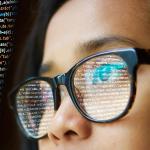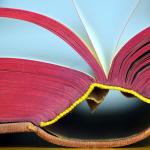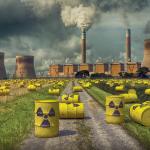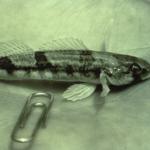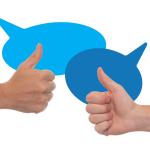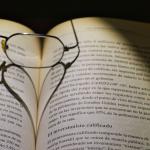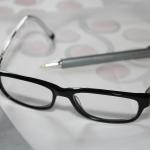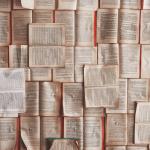It is hard to argue that sharing data to make your work more transparent and accessible to review is bad. Especially in science, where “show your work” has been in various forms a mantra for hundreds of years.
Other Science News
“Elections are a measure of ordinal preferences. As long as you care enough to vote, it doesn’t matter how much you care about the election outcome, as everyone’s voice is the same.
Let’s start with tritium and its source
One of my favorite food memes is the distinction between fast and slow foods. But it seems the fast-slow argument between craft and utility may well apply to furniture as well.
“The Endangered Species Act of 1973 (ESA or "The Act"; 16 U.S.C. § 1531 et seq.) is the primary law in the United States for protecting imperiled species.
Those ubiquitous star ratings were supposed to help us separate the good from the better and best. But 90% of Yelp reviews are 5-star, 50% for Amazon’s products, and even then, the average star rating was 4.2.
One of the reasons there are concerns about privacy on the Net is that much of our data can be cross-reference, and what we thought was anonymous becomes attached to our names. Here is a great example involves our tech villain du jour, Google.
Remember a few years ago Dr. Baselga and charges of conflicts of interest at Memorial Sloan Kettering? New York seems to have cleaned up its act, Boston not so much.
“The pandemic today is almost unrecognizably different. In the United States, an acute, terrifying catastrophe has given way to the monotony of lowered expectations. There are no makeshift morgues in the streets.
There are many steps in research that, like making-sausage, are rarely viewed.
